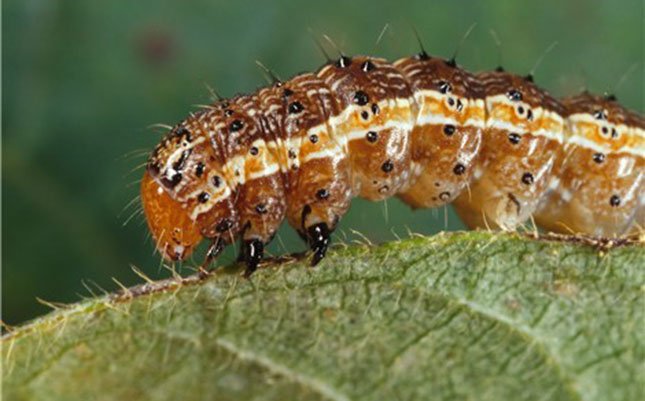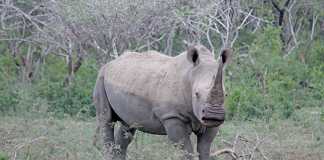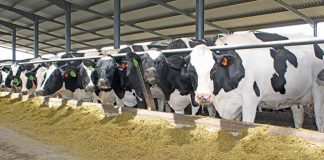
The US Feed the Future Initiative, which is hosting the competition, stated in a press release, that more than 80% of the entries came from Africa, with the most coming from Uganda (52), followed by Nigeria (25), Ghana (22) and Kenya (21).
“Entries varied from apps using machine learning, to drone technology, to SMS alerts that update farmers in real time as to the threat of fall armyworm in their area,” Nesta programme manager Elizabeth Vossen told Farmer’s Weekly.
The 20 finalists will take part in a co-creation event in Uganda at the end of June. Each finalist will then receive US$2 000 to develop their prototype, which will be tested with sub-Saharan African smallholder farmers and extension services. The final award event will take place at the end of September or October 2018.
Benito Eliasi, capacity development advisor of SACAU, said the competition was a wonderful initiative, as fall armyworm was decimating production everywhere it went on the continent. “Smallholder farmers are particularly vulnerable, because they do not always have access to information or means to buy chemical control products,” he said.
The small size of their farms is also an obstacle as controls are only effective when everybody takes part.
“Area-wide solutions sponsored by government are, for this reason, the ideal for smallholder farmers,” added Eliasi.
A total of US$400 000 is up for grabs in the competition, with a grand prize of US$150 000.













